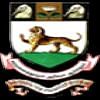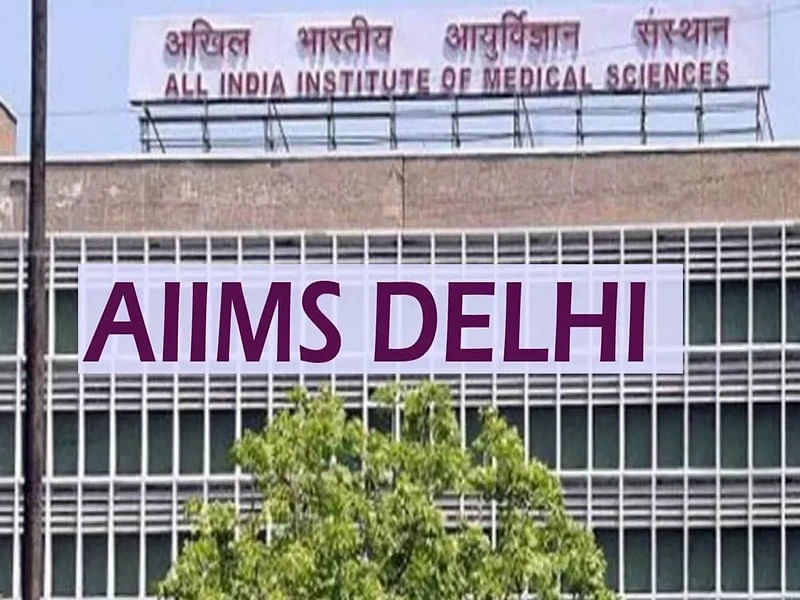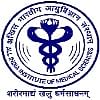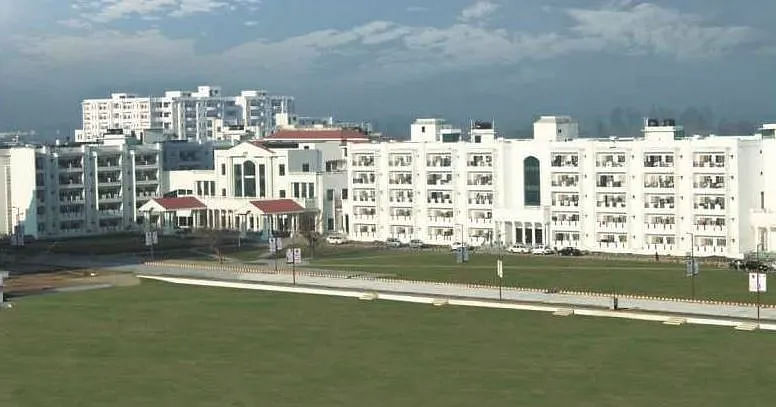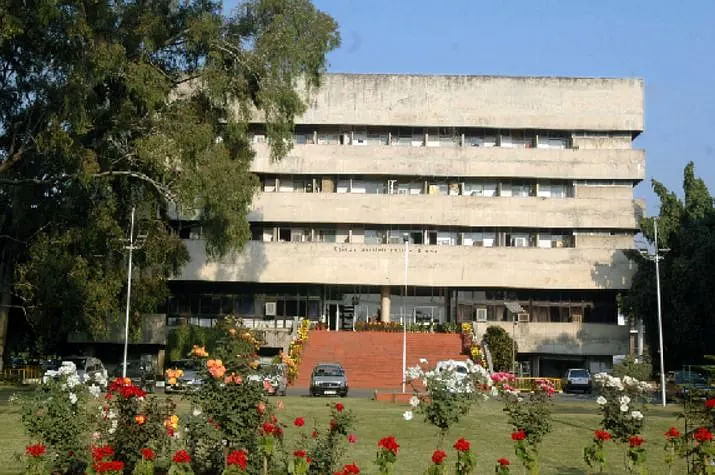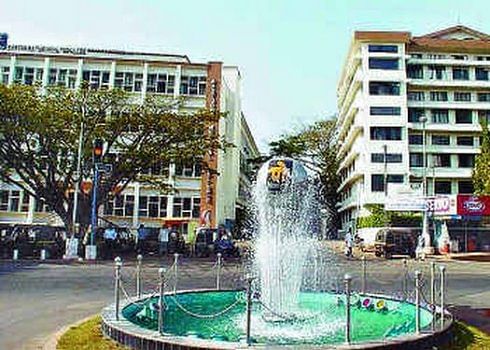M.Sc Pharmacology Syllabus and Subjects

Over the course of two years, applicants receive both academic and practical experience in the field of pharmacology through the M.Sc Pharmacology syllabus. The important subjects for the students include Toxicology, Pharmacokinetics, Molecular biology, Drug regulation, Isolation of Compounds from Herbal Sources, etc.
M.Sc Pharmacology Semester Wise Syllabus
Students who complete the M.Sc Pharmacology programme will be well-versed in all of the domain's essential elements. The M.Sc Pharmacology program's syllabus is shown below each semester, which changes based on the institutions, but the essential course structure stays the same. The M.Sc Pharmacology programme is structured in such a way that students may graduate from a basic to an advanced level in the domain.
M.Sc Pharmacology First Year Syllabus
The table below contains the list of MSc Pharmacology subjects in the first year:
| Semester I | Semester II |
| Toxicology | Systemic Pharmacology |
| General Principles Of Pharmacology And Allied Sciences | Experimental Pharmacology |
| Molecular Biology | Elective Subjects |
| Isolation Of Compounds From Herbal Sources | Practical Lab |
M.Sc Pharmacology Second Year Syllabus
The table below contains the list of M.Sc Pharmacology subjects in the second year:
| Semester III | Semester IV |
| Biostatistics | Practical Lab |
| Drug Regulation | Wonder Discoveries In Pharmacology |
| Pharmacokinetics | Autonomic Nervous System |
| Instrumentation In Drug Analysis | Central Nervous System |
M.Sc Pharmacology Subjects
Subjects in M.Sc Pharmacology are determined by the university and college that candidates choose. M.Sc Pharmacology subjects are chosen based on fundamental pharma issues as well as other essential areas from the standpoint of comprehensive knowledge growth.
There are two types of subjects in M.Sc Pharmacology: Theory and Lab.
Theory Subjects
The following are some of the core M.Sc Pharmacology subjects:
- Biostatistics
- Drug regulation
- Pharmacokinetics
- Instrumentation in Drug Analysis
- Molecular biology
- Toxicology
Laboratory Subjects
Listed are the few lab-related lab subjects for M.Sc Pharmacology:
- Practical on Intact Animals
- Practical on Organs
- Chemical Pharmacology
- Drug Development
M.Sc Pharmacology Course Structure
The format of the M.Sc Pharmacology programme includes both theoretical and lab courses. The programme duration is two years and consists of four semesters. The structure of the course is as follows:
- IV Semesters
- Theory Subjects
- Lab Subjects
- Instrumentation
- Research Projects
M.Sc Pharmacology Teaching Methodology and Techniques
Unlike other educational approaches, M.Sc Pharmacology is conventional and constrained. Aspirants are taught in labs how to conduct research in order to have a better understanding of the pharmaceutical industry.
For a better comprehension of practical knowledge and job abilities, group learning is used. Students are encouraged to learn about creativity, perception, and teamwork as a result of this. The following are the teaching methods and approaches used in M.Sc Pharmacology:
- Lectures
- Practicals
- Group Discussions
- Tutorials
- Seminars
M.Sc Pharmacology Course Projects
Research projects are an important aspect of an M.Sc Pharmacology programme. Professors assess these projects to see how well students understand the domain.
Students can choose project topics based on their interests and the field they wish to follow after finishing the course. Some of the most popular M.Sc Pharmacology programmes are as follows:
- Cancer Pharmacology/Biology.
- Computer-Aided Design, Synthesis And Evaluation Of New Drugs For Cancer, Pain And Neurodegenerative Diseases
- Molecular And Biochemical Pharmacology.
- Physiological Regulation And The Role Of Calcium Transporters
- The Ethics Of Pharmacogenomic Testing In Community Pharmacy
M.Sc Pharmacology Course Books
Books may be an excellent investment for students pursuing an M.Sc in Pharmacology since they can help them understand more about their field of study in depth. Students can learn more about topics they are interested in by using books as a source of information.
Reference books can be borrowed from libraries, downloaded from the internet, or purchased. Some of the most popular M.Sc Pharmacology books available to students are as follows:
| Name of Book | Author |
| Remington’s Pharmaceutical Sciences | Alfonso R. Gennaro |
| Pharmacology And Pharmacotherapeutics | R.S.Satoskar. S.B.Bhandarkar S.S.Anipure H.R.Satoskar |
| Review Of Pharmacology | Gobind Rai Garg, Sparsh Gupta |
| Principles Of Pharmacology | Golan |



